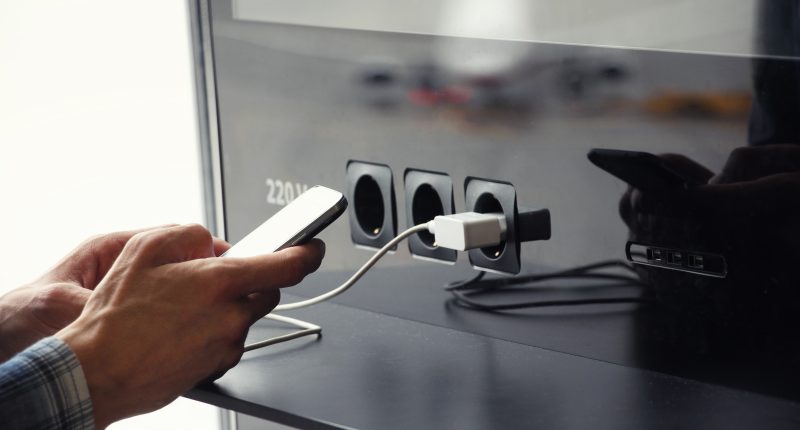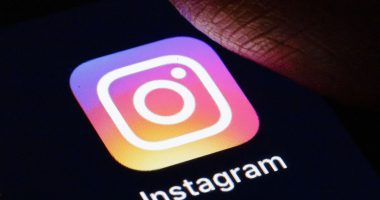IF you find yourself needing to charge your phone while out of the house or traveling, the FCC has some important advice for you.
Not all chargers can be trusted, especially random devices that you find in public areas.
Tech expert Kim Komando recommends carrying a battery pack with you for this exact reason.
It’s safer to use your own charging device than trust one you’ve found in a public space.
This is due to an issue that’s sometimes referred to as juice-jacking.
According to the experts at Naked Security, “juicejacking” can happen when you use USB cables that carry power and data.
READ MORE ON PHONES
Sometimes you see public USB cables in public places like the airport, where people tend to need to charge their devices.
experts warn that some USB outlets can charge your phone while also connecting to your device and taking data.
Whether you use Android or iPhone, you should see a message if you connect to one of these suspicious charging stations.
The warning can come in the form of a popup asking if you trust the connection.
Most read in News Tech
You’ll be asked if you want to allow a device access to your phone and its data.
If you see this message while trying to connect to a charger or device you don’t own, it’s best to click the don’t trust option.
You should only click trust if you’re consenting to upload data to a device.
Cybercriminals rely on people being so desperate to charge they’re found that they can consent to share data.
Often, you can still charge without uploading any data, if you’re careful.
The FBI previously issued a warning about this scam.
The FBI in Denver tweeted: “Avoid using free charging stations in airports, hotels or shopping centers.
“Bad actors have figured out ways to use public USB ports to introduce malware and monitoring software onto devices.
“Carry your own charger and USB cord and use an electrical outlet instead.”









